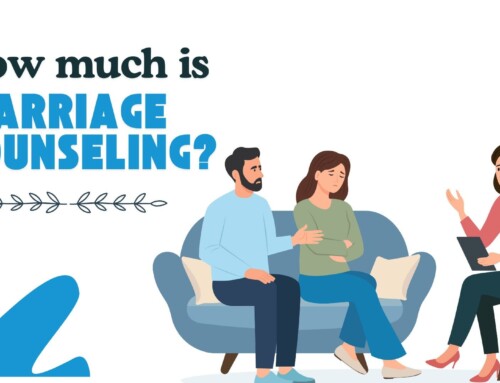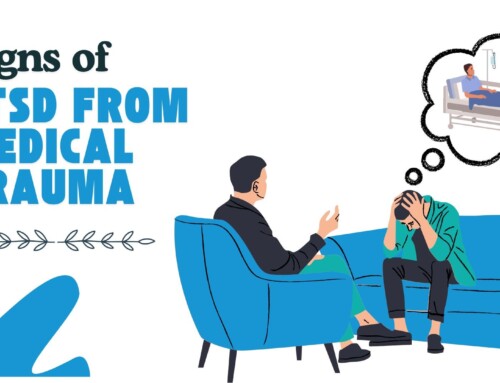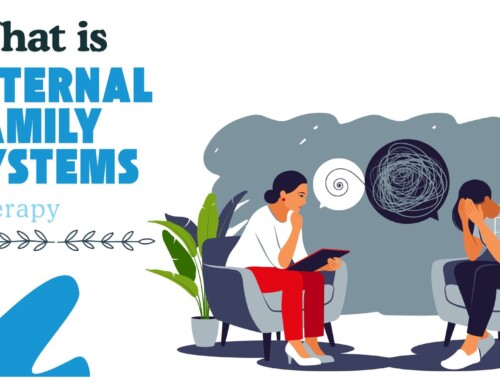Understanding PTSD in Doctors: Essential Support Strategies
Post-traumatic stress disorder (PTSD) is a mental health condition triggered by exposure to traumatic events, particularly the traumatic event of witnessing or experiencing life-threatening situations. While commonly associated with military personnel and first responders, PTSD symptoms, posttraumatic stress disorder (PTSD) and acute stress disorder in medical doctors is an underrecognized yet critical issue related to mental health problems. Physicians often encounter high-stress environments, repeated exposure to trauma, and the cumulative burden of their profession, making them vulnerable to this debilitating condition.
How common is PTSD among healthcare professionals, particularly doctors?
PTSD in doctors is alarmingly common, with studies indicating that approximately 10-30% of healthcare providers experience symptoms, including thoughts of suicide. The high-pressure environment, emotional toll of patient care, and exposure to traumatic events, including medical errors, contribute significantly to the significant distress and impact on cognition and prevalence of PTSD in this mental health crisis, highlighting the urgent need for mental health services and support resources within the medical community.
Prevalence and Risk Factors
The American Psychiatric Association recognizes that doctors can experience PTSD due to the high-stress nature of their work, which often involves traumatic events and emotional strain that can lead to significant mental health challenges, including a PTSD diagnosis as outlined in the diagnostic criteria of the Statistical Manual of Mental Disorders. The symptoms of PTSD fall into various categories that impact physicians. Studies suggest that PTSD may be more prevalent among physicians than in the general population. Certain categories of doctors face heightened risks:
- Emergency Medicine Physicians: Regular exposure to patient deaths, violence, and life-threatening injuries contributes significantly to PTSD. A study found that 11.9% of emergency medicine residents met diagnostic criteria for PTSD, with symptoms intensifying as their training progressed1.
- Physicians in Underserved Areas: Working in remote or resource-limited environments increases stress due to limited support and high patient loads1.
- Medical Residents: The intense demands of medical training, including long hours and exposure to critical situations, lead to higher rates of PTSD among trainees compared to the general population1.
- Second Victims: Physicians indirectly exposed to trauma, such as malpractice litigation or witnessing adverse outcomes, are also at risk1.
Impact on Physicians and Patients
PTSD not only affects physicians’ mental health but also impairs their ability to provide optimal care. Symptoms such as anxiety, depression, and insomnia can hinder decision-making and interpersonal interactions with patients. Untreated PTSD may lead to burnout or exacerbate pre-existing mental health issues4.

Barriers to Treatment
Despite the availability of effective interventions, many physicians are reluctant to seek help due to stigma or fear of being perceived as weak. This reluctance often stems from the culture of stoicism within the medical profession1,4. Additionally, symptoms may persist or worsen over time if left untreated, further complicating recovery4.
Treatment Options
Effective treatment for PTSD includes psychotherapy and medication:
- Cognitive Behavioral Therapy (CBT): CBT helps patients identify and change negative thought patterns associated with trauma. Intensive therapy sessions have shown promising results for managing symptoms within shorter periods1,3.
- Exposure Therapy: This approach gradually exposes individuals to trauma-related memories or situations in a controlled environment, helping them cope with flashbacks and nightmares3.
- Written Exposure Therapy: A brief five-session therapy has demonstrated effectiveness comparable to longer treatments like Cognitive Processing Therapy. Its brevity and focus on writing rather than speaking make it appealing for individuals hesitant about traditional talk therapy2.
- Medication: Antidepressants may alleviate symptoms like anxiety, depression, and insomnia while reducing urges for substance use1,3.
Advocacy and Prevention
Physician leaders play a crucial role in addressing PTSD among their peers. They should advocate for early intervention programs starting in medical school and promote group therapy sessions where physicians can share experiences and build support networks1. Early detection through routine mental health evaluations is essential for preventing chronic symptoms3,4.
How can doctors cope with the stress and trauma associated with their profession?
Doctors can cope with the stress and trauma associated with their profession by seeking therapy, including prolonged exposure therapy, engaging in peer support groups with survivors of similar traumatic events, practicing mindfulness, engaging in EMDR therapy, and maintaining a healthy work-life balance to help gain control of painful negative emotions and the control of fear. These strategies help mitigate PTSD symptoms and promote emotional resilience, ultimately enhancing their well-being and ability to provide care effectively.
Conclusion
PTSD in medical doctors is a pressing issue that demands attention from healthcare institutions and society at large, including esteemed organizations like Harvard Medical School. By fostering a culture that encourages seeking help without stigma and providing accessible support programs for caregivers and professional treatment options, such as those from an associate professor of medicine focused on resilience, physicians can regain control over their lives and continue delivering quality care. Recognizing this hidden crisis is the first step toward meaningful change.

Reference List
- Physician Leadership. (n.d.). Traumatized by practice: PTSD in physicians. Physician Leadership. Retrieved from https://physicianleaders.org/articles/traumatized-by-practice-ptsd-in-physicians
- UT Health Science Center at San Antonio. (n.d.). Brief writing therapy effective as treatment for military members with PTSD. Retrieved from https://news.uthscsa.edu/brief-writing-therapy-effective-as-treatment-for-military-members-with-ptsd
- Mayo Clinic. (n.d.). Post-traumatic stress disorder (PTSD) – Diagnosis and treatment. Mayo Clinic. Retrieved from https://mayoclinic.org/diseases-conditions/post-traumatic-stress-disorder/diagnosis-treatment/drc-20355973
- The European Journal of Psychiatry. (n.d.). How the exposure to trauma has hindered physicians’ capacity to heal.
- American Psychological Association. (n.d.). Treatments for PTSD. American Psychological Association. Retrieved from https://www.apa.org/ptsd-guideline/treatments
- PsychiatryOnline. (n.d.). 175 years of progress in PTSD therapeutics: Learning from the past. Retrieved from https://psychiatryonline.org/doi/10.1176/appi.ajp.2018.17090992
- U.S. Department of Veterans Affairs. (n.d.). Addressing the crisis in drug treatment of PTSD. Retrieved from https://www.research.va.gov/currents/0517-Addressing-the-crisis-in-drug-treatment-of-PTSD.cfm
- Cram. (n.d.). Ptsd informative essay – 1045 words. Cram. Retrieved from https://www.cram.com/essay/Ptsd-Informative-Essay/PKYJ8BF3RC
Filed in: Updates
Share This Story, Choose Your Platform!
Total Life Counseling Center consists of Licensed Counselors, masters level therapists, Español counselors, Licensed Mental Health Counselors, business coaches, and image enhancement coaches who provide counseling for emotional, mental, physical and spiritual care including marriage, individual, family, substance abuse and more. TLC’s family, trauma and marriage experts have been interviewed on National and Local TV/Radio over 200 times for their expert advice on Fox News, OWN, WETV, ABC’s Medical Minute and more. Our skilled counselors are relational, approachable and specialists providing therapy services in the Central Florida area including: Orlando, Winter Park, MetroWest, Windermere, Dr. Phillips, East Orlando, Lake Mary, and Clermont, Boca Raton Florida, and Dallas, TX.






